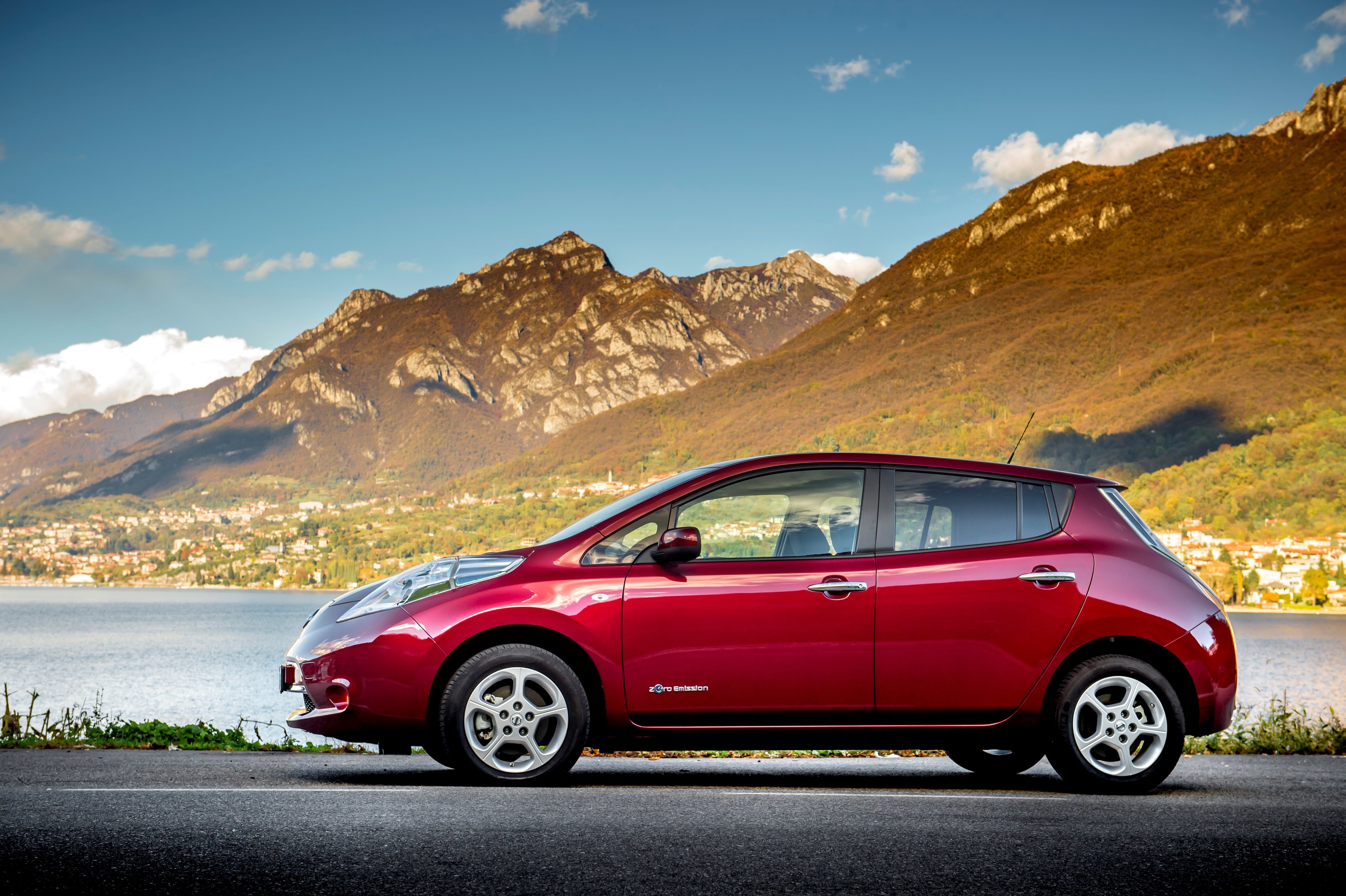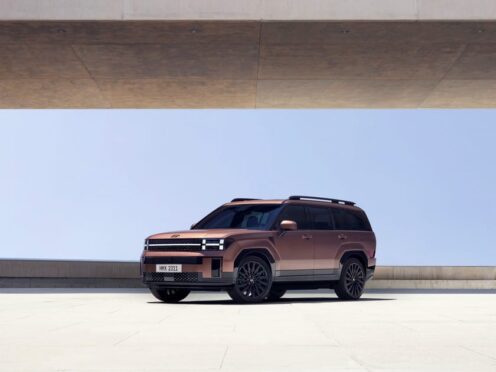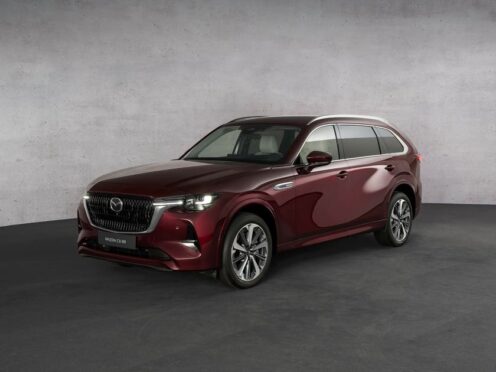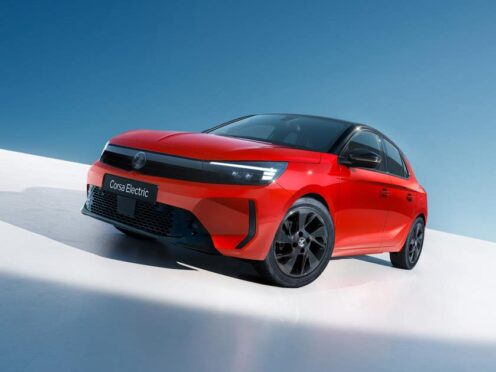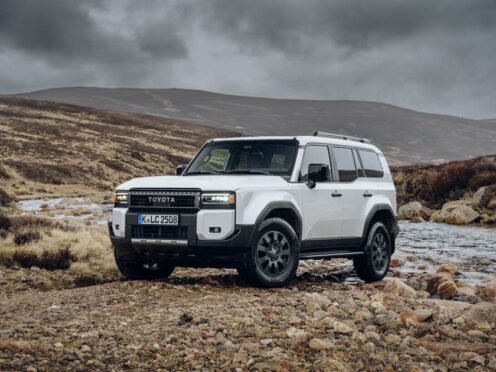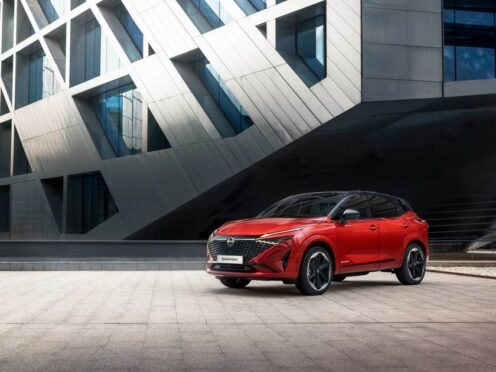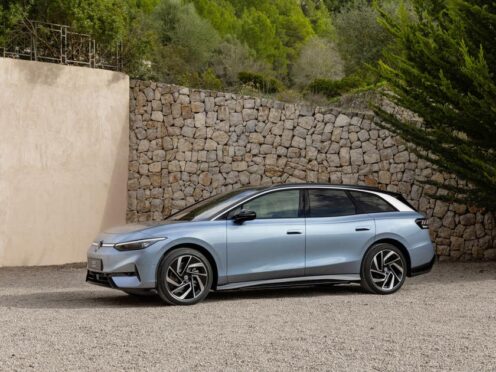Young people are the most likely to own an electric vehicle and are least likely to worry about “barriers” to ownership, a new study suggests.
With the Government committed to an electric (or potentially hydrogen – a lot can happen in 23 years) future by 2040, something has got to change in the way we buy cars.
It may come as no surprise that young people – traditionally the first to embrace most new technology – are among the keenest to ditch petrol and diesel engined vehicles.
An AA survey of 16,500 people found that despite the fact that 76% of 18-to-24-year-olds quizzed were concerned about the price of electric vehicles (EVs), 5% of respondents said they owned one – the biggest representation of any age group.
The number of EV owners decreased as age increased, with four per cent of 25-to-34-year-olds and 1% of people aged 55 and over owning an electric vehicle.
Edmund King, president of the motoring organisation, said: “This may confound the ‘boy racer’ image that older people may have of young drivers. Although overall numbers are still low, it shows that young drivers are taking an interest in new car technology.”
The research found prospective owners of all ages were concerned about a perceived lack of charging stations, durability of the battery and limited range. They also raised issues with how long it would take for the low running costs to offset the often higher purchase price of an EV.
However, King said: “In reality, these concerns are evaporating much more quickly than perhaps most people realise.
“It seems that young drivers certainly ‘get’ the concept of electric driving, and our research consistently showed that it is older drivers who are putting up concerns that simply don’t exist. In fact, a third of respondents overall say they have no understanding of EVs.”
